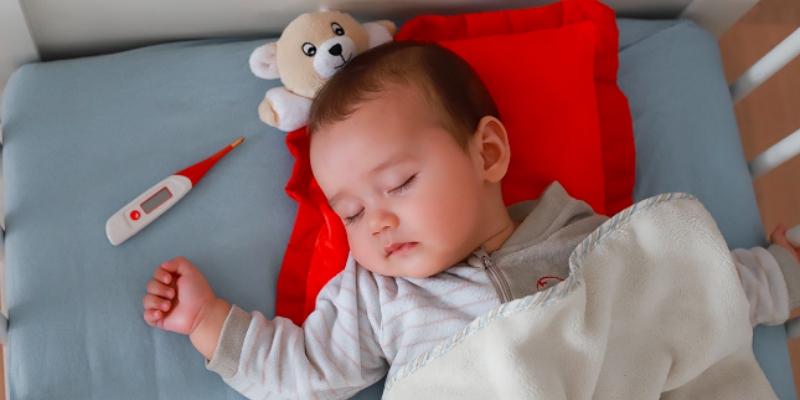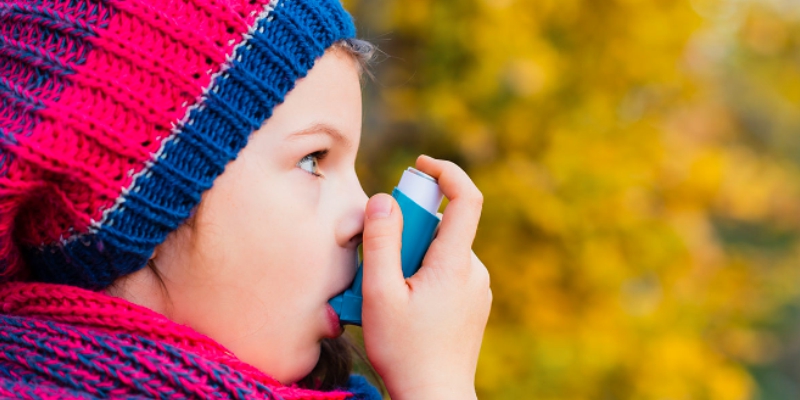Author – Dr. Pawan Deep Singh
M.B.B.S, DCH, DNB Pediatrics, Consultant – Paediatrics & Neonatology
Paediatric Pancreatitis: What is it and How is it Treated?
Pancreatitis refers to the inflammation of the pancreas. The pancreas is a long, flat gland located behind the stomach in the upper abdomen. It produces enzymes that help in digestion and hormones that help regulate body sugar. According to Dr. Pawan Deep Singh, M.B.B.S, DCH, DNB Pediatrics, pancreatitis is uncommon in children and may improve with treatment. If left unnoticed, however, it can cause life-threatening complications. Hence, if you notice any change in your child’s health, consult the best child specialist in Chandigarh at the earliest.
What is Pancreatitis?
The pancreas is an organ in your abdomen located between your stomach and spine. It is involved in digestion and regulating the blood sugar. Digestive enzymes including amylase and hormones including insulin are secreted by the organ.
Pancreatitis is inflammation of the pancreas. This inflammation causes swelling and pain in the abdomen.
What are the Types of Pancreatitis?
The best child specialist doctor in Chandigarh classifies pancreatitis into the following:
Acute Pancreatitis
Acute pancreatitis is a temporary inflammation of the pancreas. It usually occurs when your pancreas is trying to recover from a minor and short-term injury. Most people recover from it completely within a few days.
Chronic Pancreatitis
Chronic pancreatitis is a long-term condition. It usually occurs when there is injury or damage to the pancreas. It does not go away on its own and gets worse with time. A constant inflammation, however, causes scarring of the organ which stops them from making enzymes and hormones.
What are the Symptoms of Pancreatitis?
The primary symptom of pancreatitis is severe abdominal pain. The other symptoms of acute pancreatitis include:
- Nausea and vomiting.
- Rapid and shallow breathing.
- Fever.
- Rapid heart rate.
The best child specialist in Chandigarh states the following symptoms for chronic pancreatitis:
- Indigestion and pain after eating.
- Loss of appetite and unintended weight loss.
- Lightheadedness or low blood pressure.
The pain arising from pancreatitis is so severe that children often get uncomfortable and start crying. If your child is complaining of abdominal pain and their abdomen is tender to touch, it may be due to pancreatitis. Additionally, if your child complains of severe abdominal pain after a meal, it may also be due to pancreatitis.
What Causes Pancreatitis?
In children, pancreatitis is caused due to gallstones. Usually, the bile duct empties bile from the gallbladder into the intestine through the same opening as your pancreatic duct. If, however, a gallstone enters the bile duct and gets stuck, it can block the drainage of pancreatic juice. The buildup of excess juice in the pancreas causes inflammation and pancreatitis.
The other causes include:
- Viral infection.
- Autoimmune disease.
- A family history of pancreatitis.
- Cancer.
- Reduced blood supply to the pancreas.
- Injury to the pancreas.
- Certain medications affect the pancreas.
How is Pancreatitis Treated?
The treatment for pancreatitis depends on its type whether acute or chronic. Acute pancreatitis is treated with supportive care including pain relievers, tube feeding, IV fluids, and ample rest. Chronic pancreatitis may need surgery to remove gallstones and lifestyle changes.
Pancreatitis is a progressive disease and the symptoms continue to worsen with time. It is, therefore, important for you to keep a watch on your child’s health and pay attention to their sudden change in habits. If you notice your child complaining about pain in the abdomen, consult Dr. Pawan Deep Singh at the Motherhood Hospitals.


 Toll Free Number
Toll Free Number
















